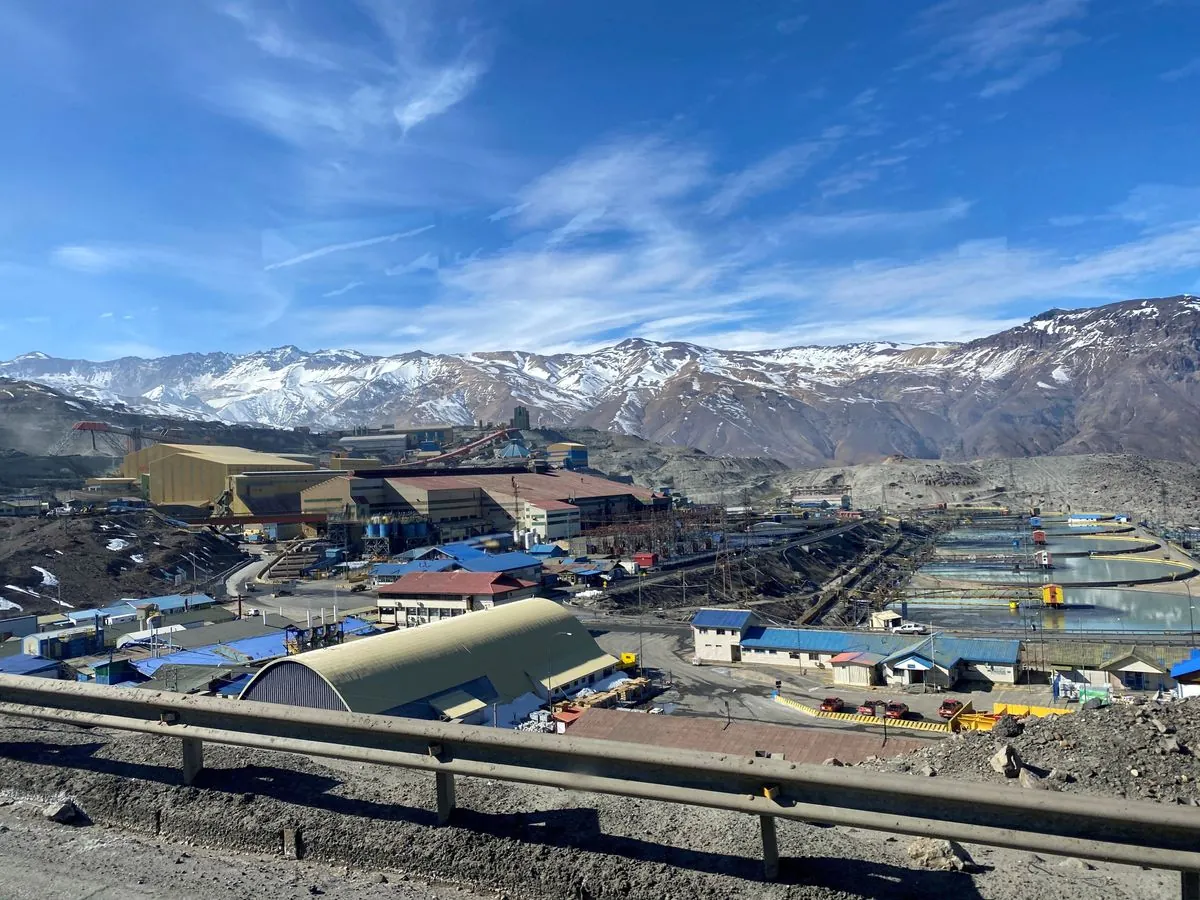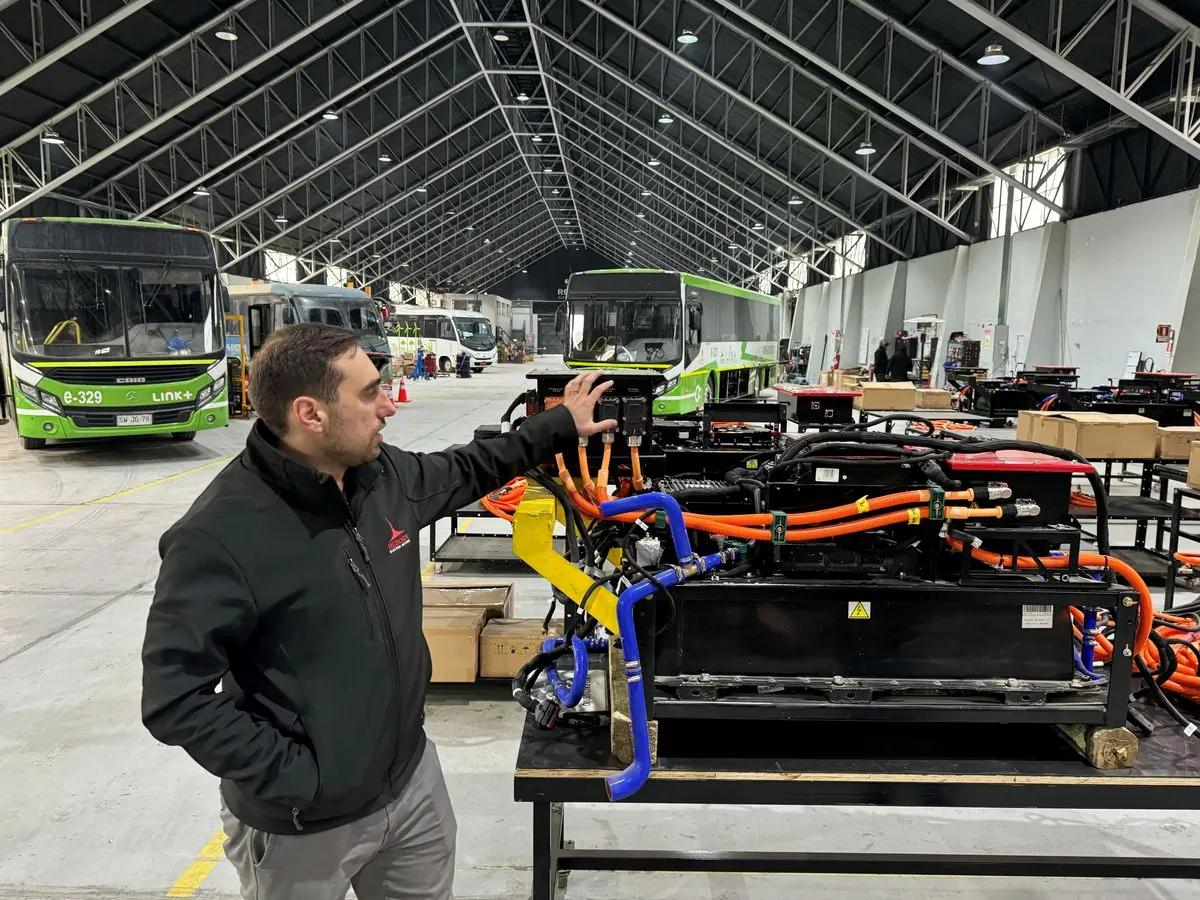Codelco's Green Shift: Chilean Copper Giant Embraces Sustainability
Codelco, Chile's state-owned copper producer, is implementing eco-friendly initiatives at El Teniente mine. The company aims to meet global demand for sustainable mining practices through electric buses, recycling, and native plant cultivation.

Codelco, Chile's state-owned copper giant and the world's largest producer of the red metal, is embarking on a green transformation at its flagship El Teniente mine. Located 75 km south of Santiago, El Teniente is renowned as the world's largest underground copper mine, producing a significant portion of the copper used in electric vehicles and wind turbines.
The company's sustainability drive comes in response to growing pressure from global clients demanding verifiable sustainable mining credentials. Ruben Alvarado, Codelco's CEO, emphasized the importance of this shift, stating:
"People are increasingly insisting on this"
Alvarado highlighted certifications such as The Copper Mark, which serves as a benchmark for sustainable copper mining practices.
Codelco's green initiatives at El Teniente include:
- A fleet of 100 electric buses
- Recycling of metal materials and tools
- Native plant nurseries, including threatened cactus species
The electric bus fleet, converted from diesel vehicles, transports workers from nearby Rancagua to the mine site. Ricardo Repenning, co-founder of Reborn, the company behind the bus conversion, noted that this initiative alone reduces annual CO2 emissions by approximately 3,000 tons.

Inside the mine, Codelco is implementing a recycling program for metal bolts, meshes, and wheels. Andres Music, El Teniente's general manager, acknowledged the initial higher costs but emphasized the long-term benefits for efficiency and environmental responsibility.
In collaboration with the government, Codelco is also establishing a nursery and research center focused on native plant species. Ivan Quiroz, head of the Mediterranean Ecosystems Research Center (CEIEM), revealed plans to produce one million native plants, aiming to stabilize tailings and potentially extract heavy metals from the soil.
While these efforts mark a positive step, experts caution that the overall environmental impact remains limited. Patricia Munoz, an economist at the University of Santiago's mining engineering department, described the benefit as "still marginal" but acknowledged it as a starting point.
Copper mining continues to face significant environmental challenges, including high water consumption and the production of potentially harmful tailings. Additionally, light pollution from mining operations can disrupt the famously clear night skies of the Andes mountains, impacting astronomical observations.
As Codelco strives to balance increased production with sustainability, these green initiatives at El Teniente serve as a model for the company's broader environmental strategy. The success of these efforts could play a crucial role in securing Codelco's position in an increasingly environmentally conscious global market.


































